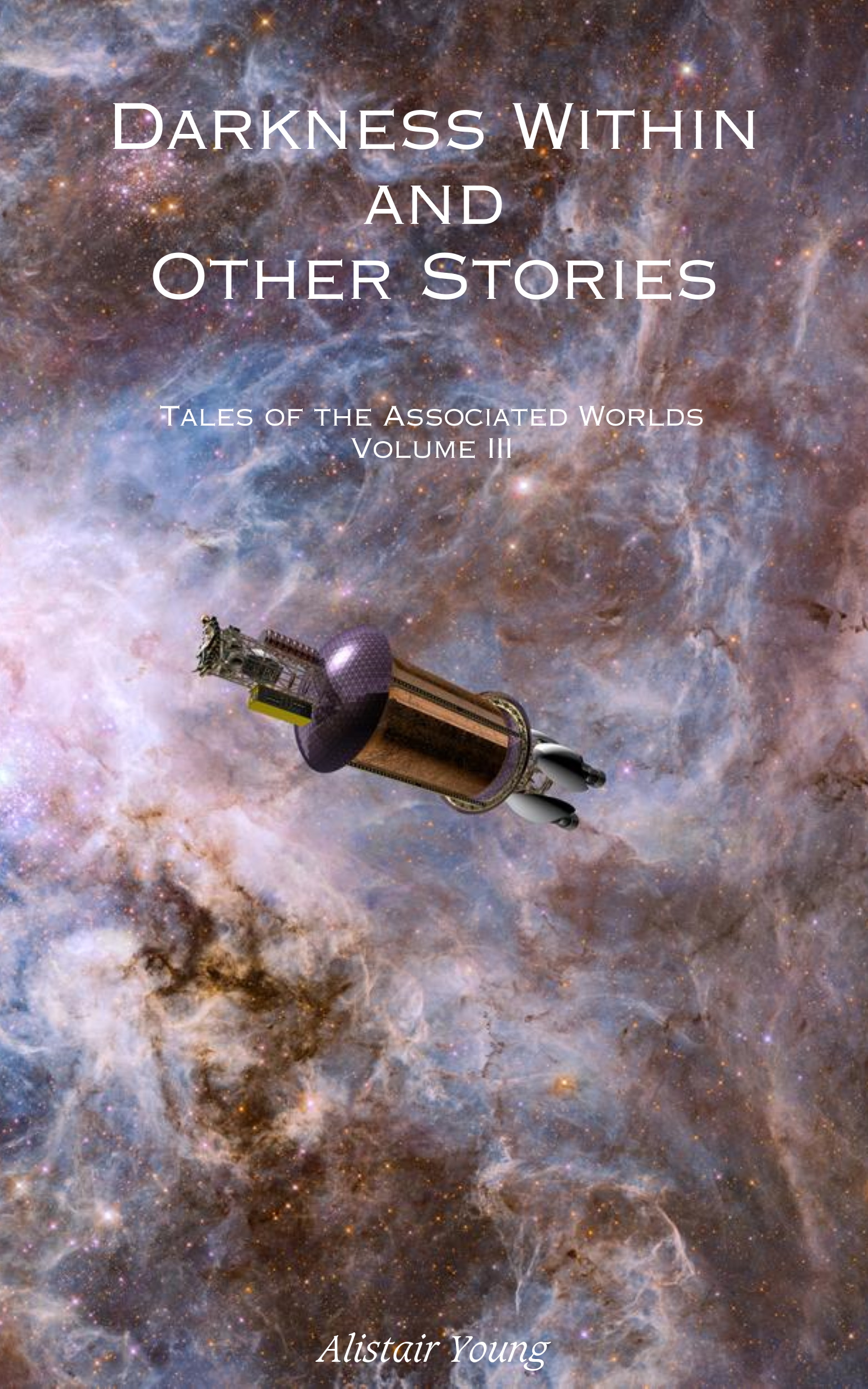So, I won’t reiterate the sad and rage-inducing story of the past few weeks, since I’ve done that in enough places and for enough times already. If by chance you haven’t seen it, you can find it on the Discourse here, forwarded along from Patreon.
Anyway.
While we don’t expect to get any of our stuff back (a) soon, or (b) in working order, good fortune and the generosity of kind friends has allowed us to start getting the most important parts of our network back up and running, and we’ve managed to restore our offsite backups from Azure, so that’s the main thing, although since full cleanup (“…I have my notes, now I just need to install the nodes to host the Kubernetes cluster to run the wiki stack to display them…”) not to mention fixing the damage done to house and home will still take some time, it’s not back to normal operation yet. But since I am posting some ‘verse-related things already, you can see that we’re a lot closer.
(On a related note, I don’t yet have posting access to the Discourse, since I was using 2FA with it and both my security key and the hardware running my authenticator app were among the items we lost. I’m talking to the hosters about it, and hope to have that back soon, but in the meantime I ask for your patience with regard to responding to your posts.)
On another note, as it happened, when the Feds so rudely interrupted our normal television-watching cycle, we were in the middle of Star Trek: Discovery, and not having our media server serving media any more, decided that the easiest thing to do was to switch to just marathoning that.
This was a good decision.
I’m going to embrace the controversy here, and take a moment to say that Discovery is probably the best Star Trek we’ve seen, bar none. In particular, from where we were – the very end of season two, on through seasons three and four – was exactly what I needed to be watching in our time of crisis and trial. Because when your real-life party has just been crashed by what amount to exemplars of the opposite, hope, and faith, and people finding the inner strength to rise above and be the best versions of themselves, and successfully navigating your way through – and finding the path to ending – the dark times surrounding you through your ideals and principles, and not by immediately tossing them aside like all too much so-called “gritty” fiction has its characters doing, is just everything you need.
In fact, one of the major reasons I call it the best of the Treks is because it is precisely when the world has gone to shit around you that it is both hardest and most important to cling to those ideals and principles that define you, and your response to that challenge that most defines you, and it does a brilliant job of showing it.
(Also Stamets and Culber and the rest of their found family are absolutely goddamned adorable and I will brook no dissent on this. But I digress.)
tl;dr I approve this. Add it to the semi-canonical Media Of Which The Imperials Would Approve list, too.
…
Also, just to bring some canon into this post:
“If there is to be a rapprochement between us and the Republic – and such a thing is, I think we must all concede, profoundly to be desired – I can think of no better basis than this: that they, like we, are a civilization that holds principle above expedience.”
– Talaïs Oravedra, Imperial Diplomatic Corps
On a final thought, before I move along; back at the start of the month, I had a conversation on Twitter with one of y’all (readers, that is) concerning a resisted urge to write a fanfic where they tried to pull that kind of no-knock raid crap on an Imperial citizen-shareholder. (“Because it would probably star a Sargas, and that’s not *quite* called for, objectively speaking.”)
To which I had to admit to having restrained a few vengeful thoughts along such lines myself, authorially. (It would be cathartic, at least, although also almost certainly dreadful crap which I would burn before anyone else got to read it.) It would also be very easy to conceive. Not like you’d even need a Sargas.
I mean, you probably can’t throw a rock without finding someone who thinks using an extra microgram of antimatter to power her bug-out transmitter is about right for visiting some places, and using terror tactics on someone with a spite charge that size is its own punishment.
I mean, I started writing for various reasons, but a big one is that I wanted to inspire people. I wanted to show them a realized dream of a better world, one where people listen to their better angels, not their worst impulses.
I can’t as yet. It’s too close.
But I want to write the story of how this sort of thing would be handled there. Where enforcing the law is a sacred trust that demands the nation’s best. Where everyone is treated with honor, and respect, and dignity, and kindness.
Even the very worst. Just because it’s the right thing to do, the civilized, decent, good thing to do, at whatever cost. In a world, in short, in which listening to our worst selves and calling it pragmatism hasn’t turned protection and service into a goddamned punchline.

